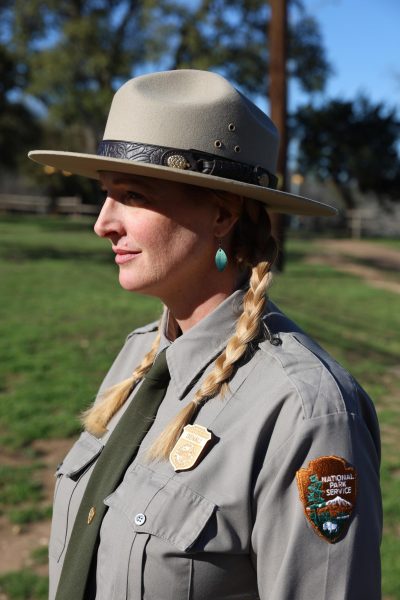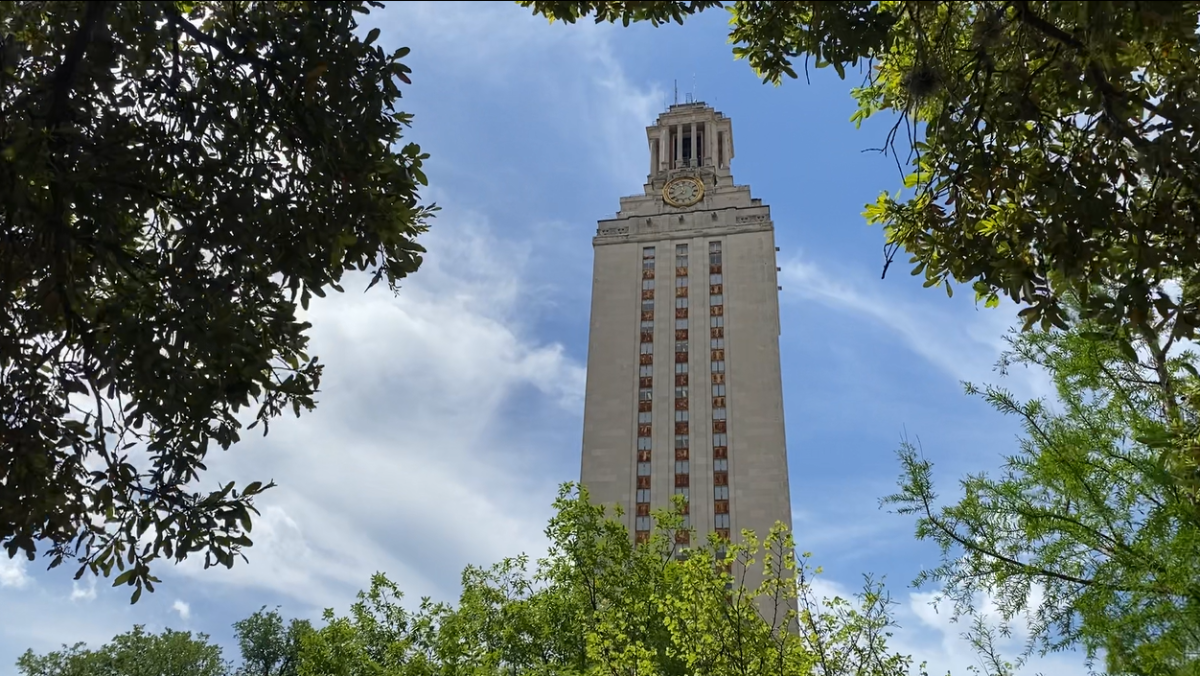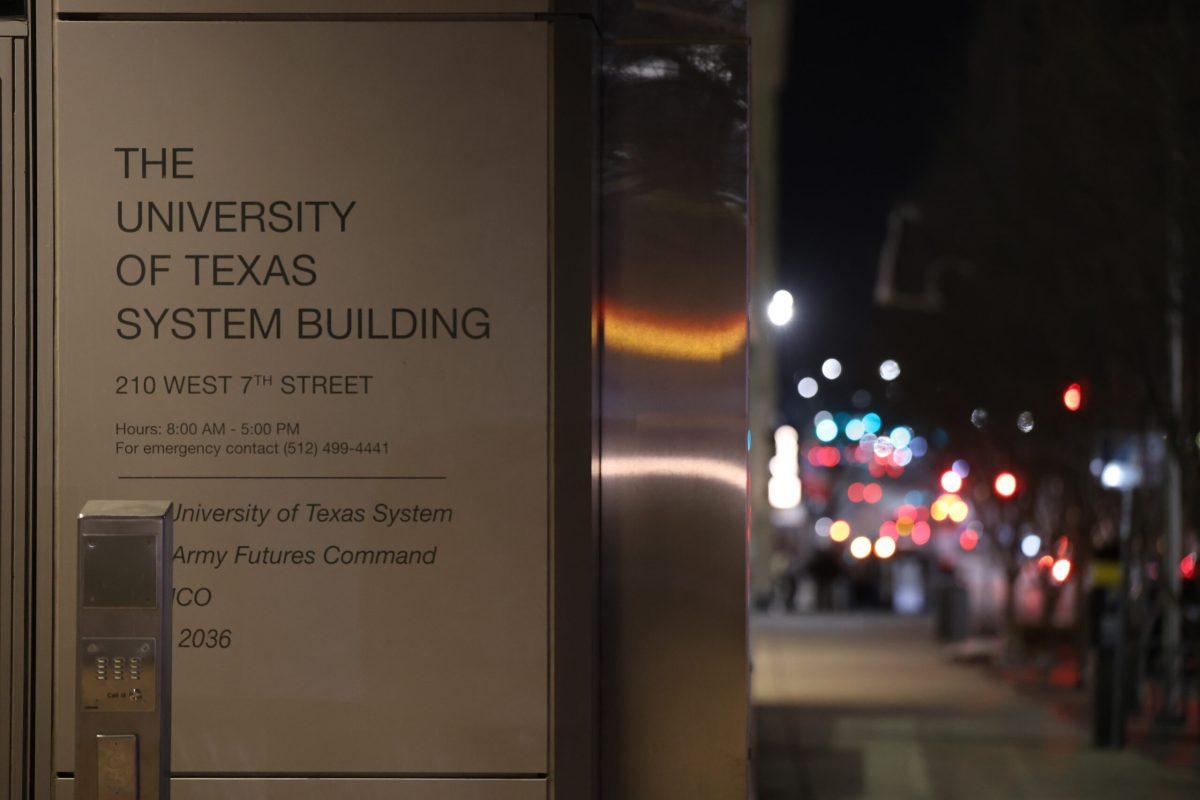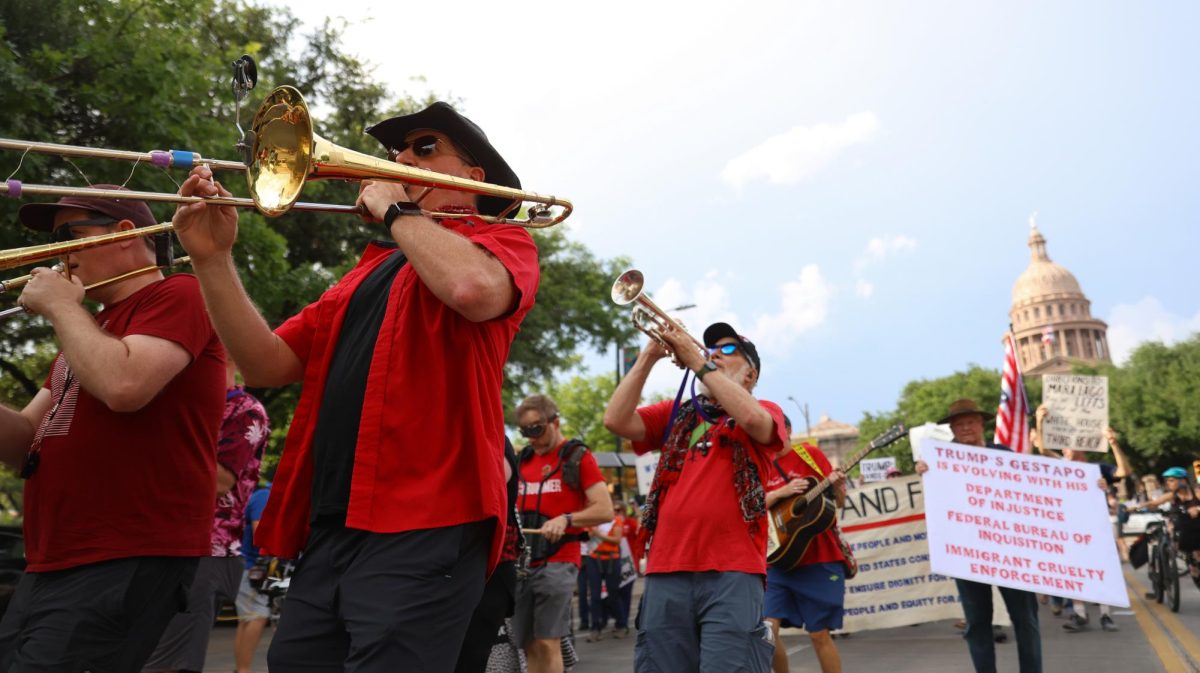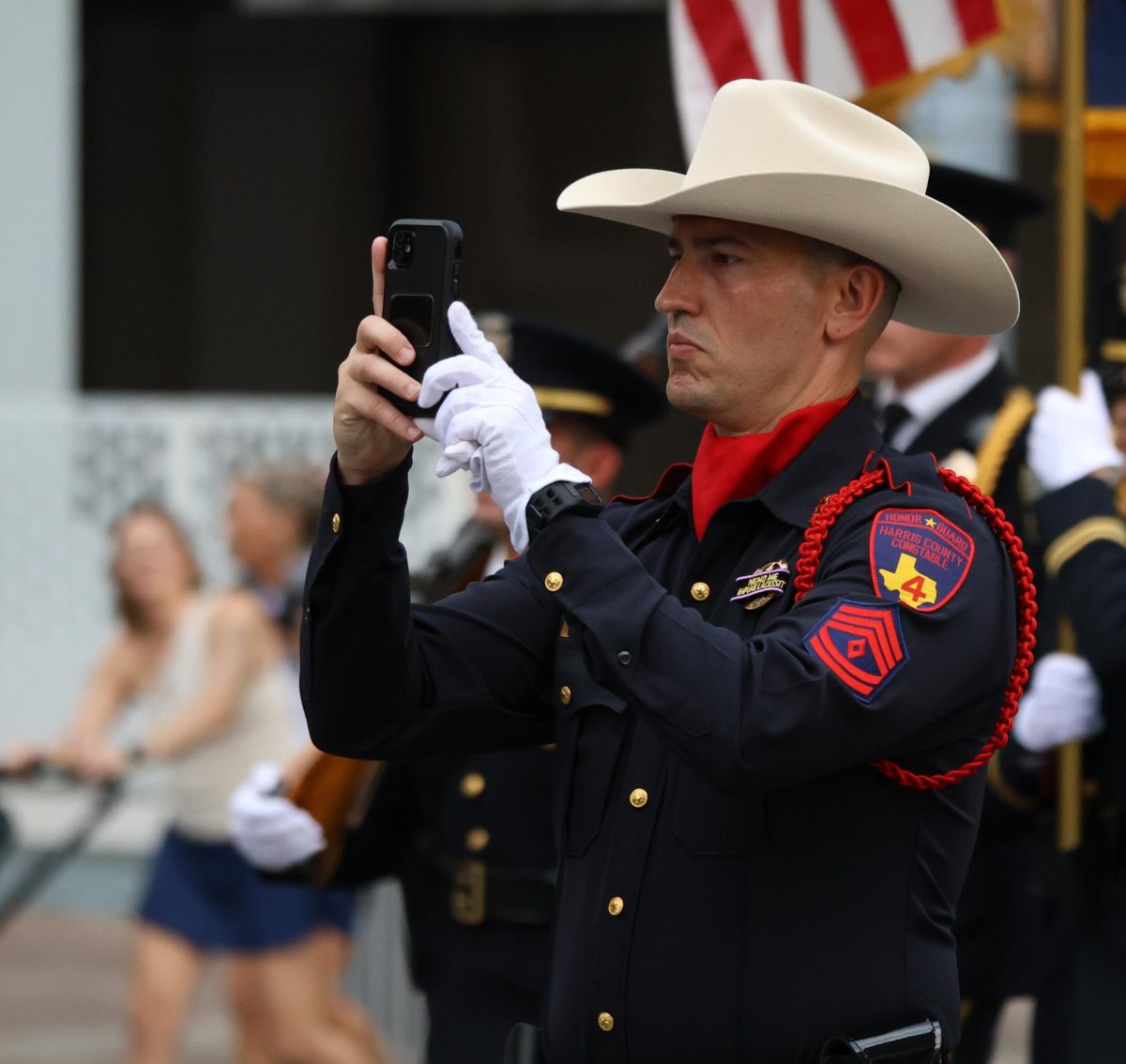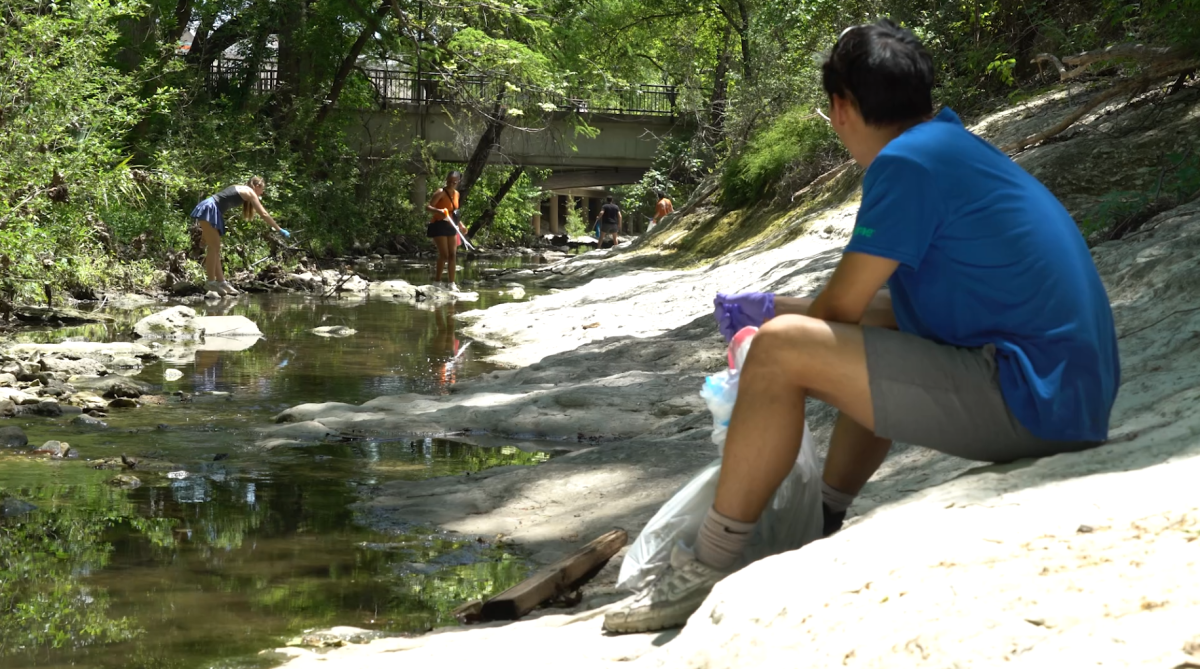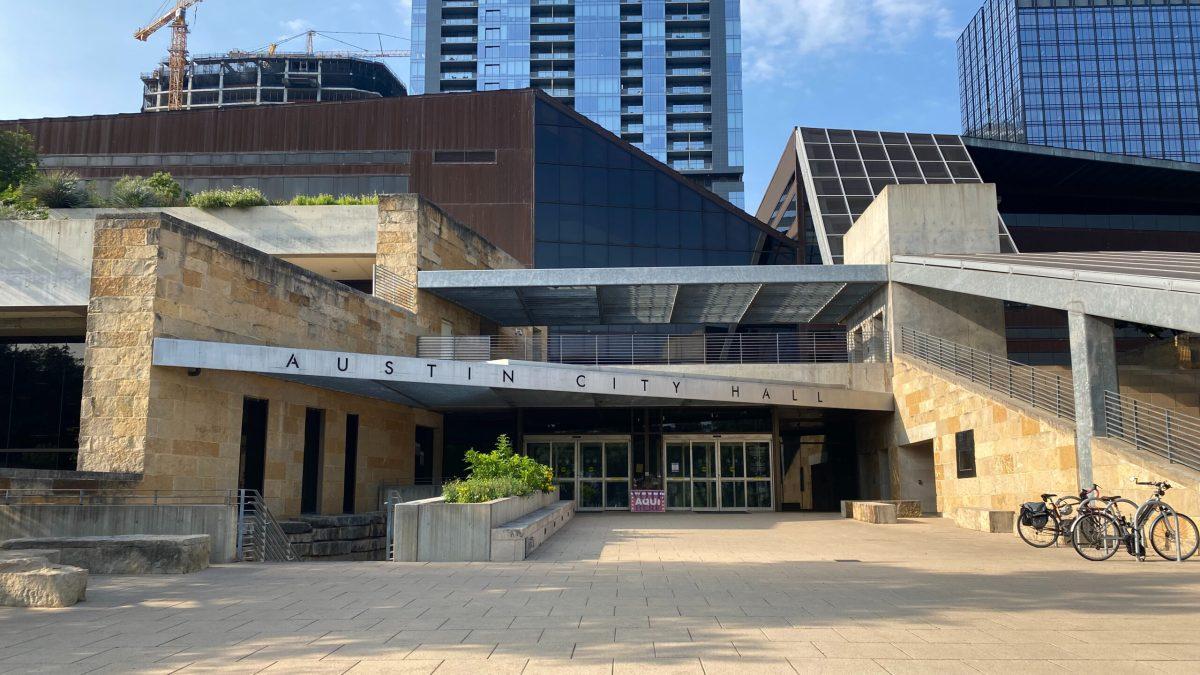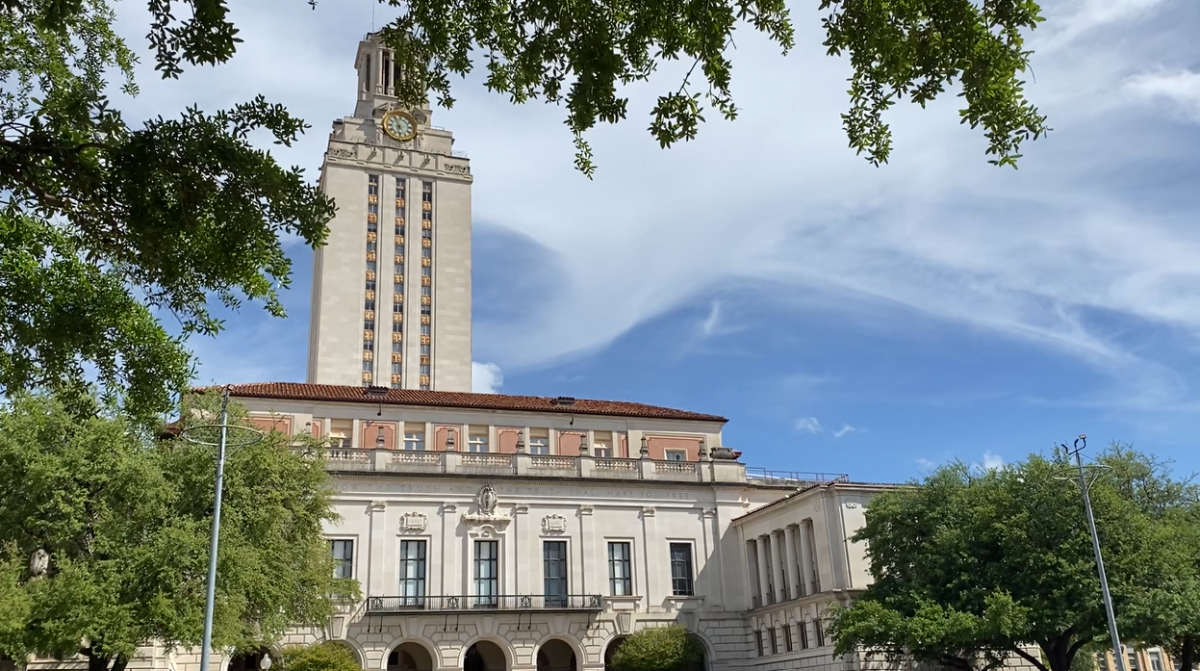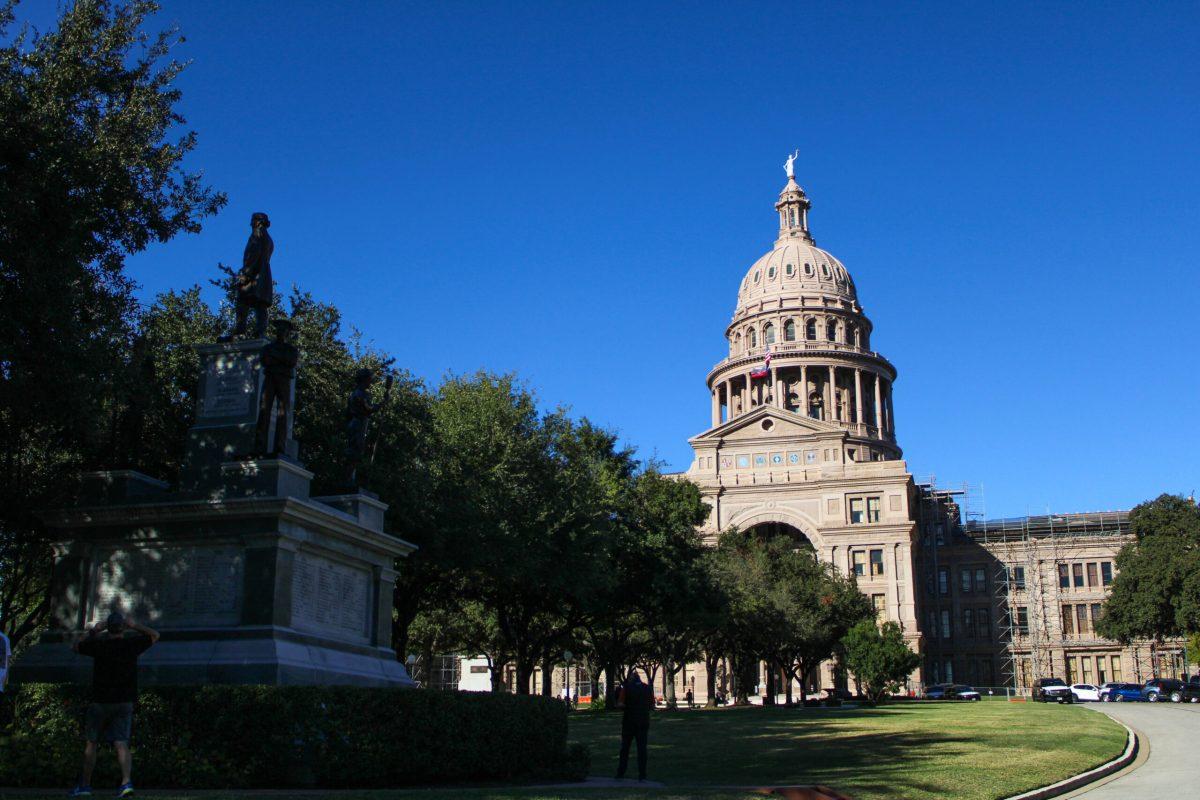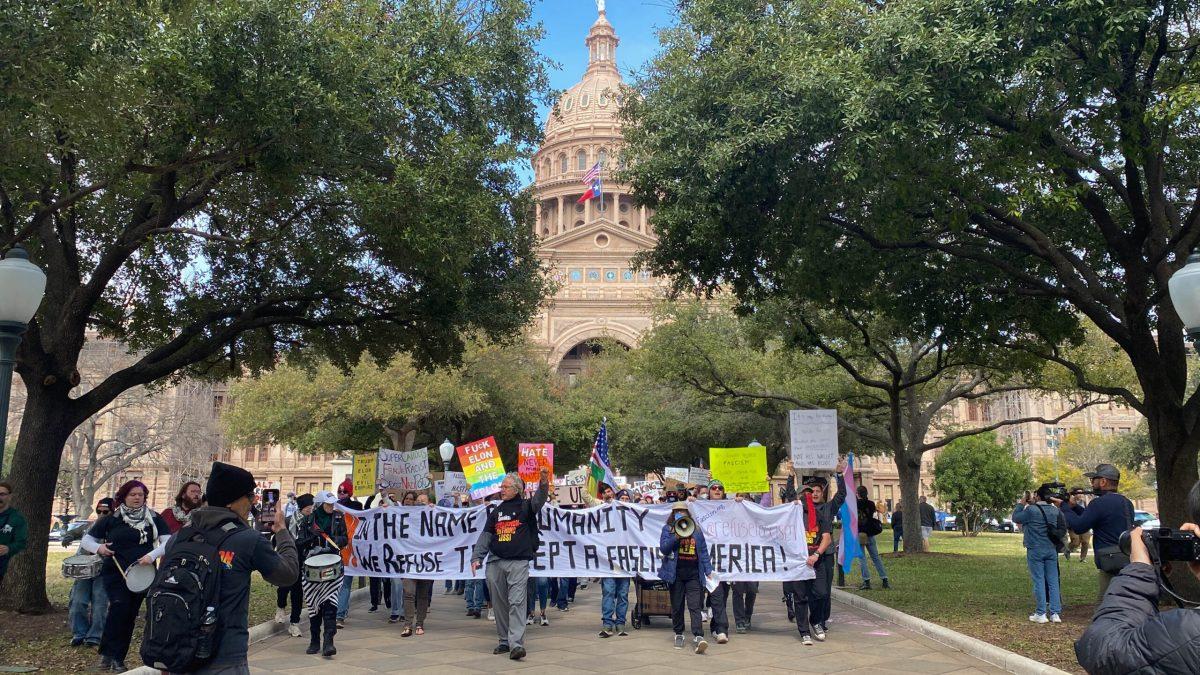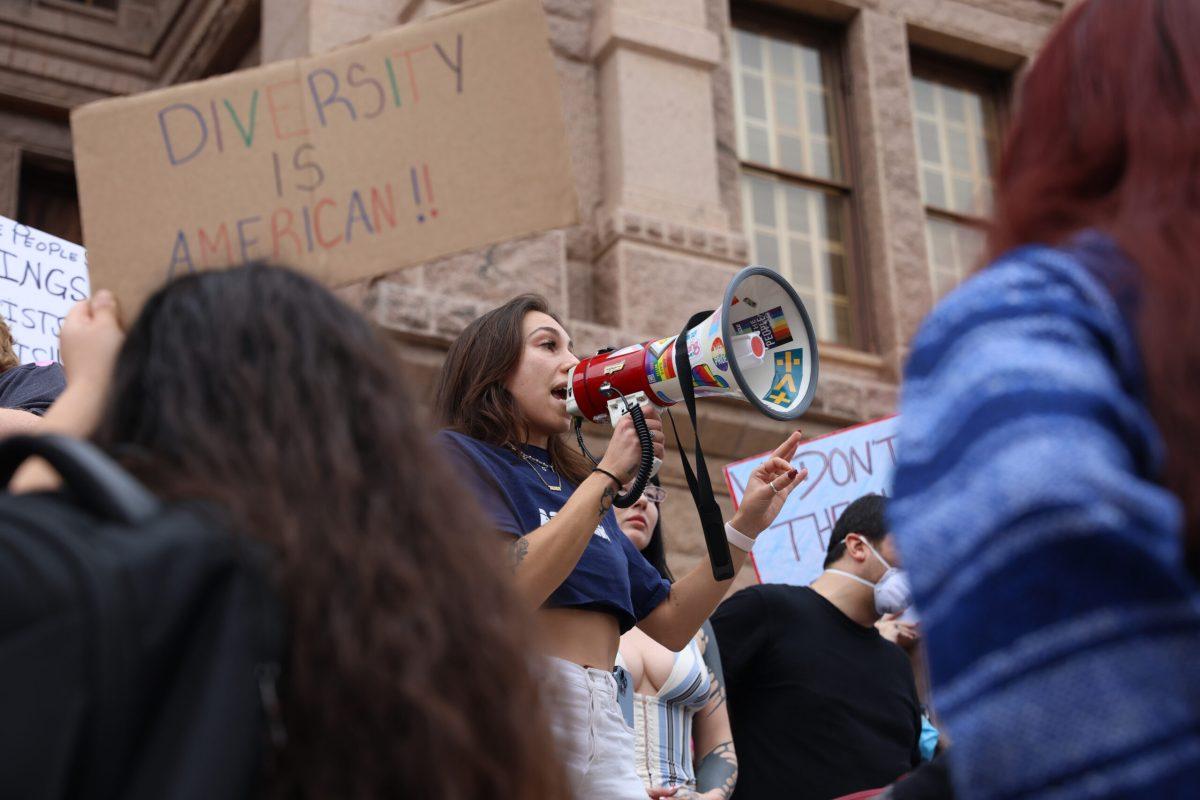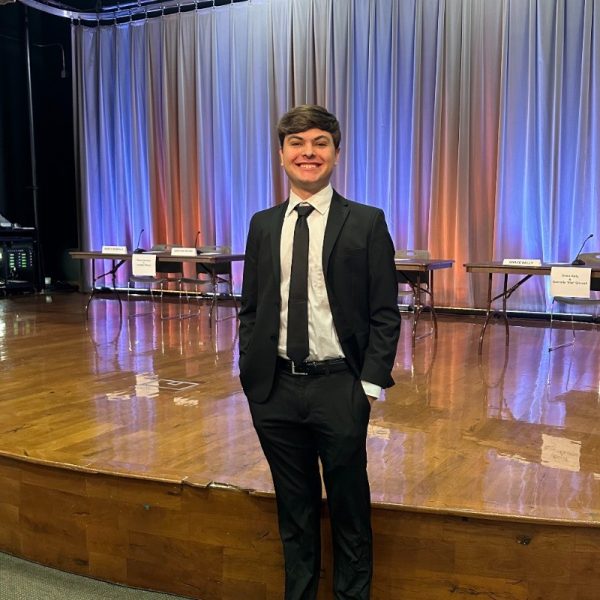In the shadow of North America’s tallest peak, Kristin Jenn walked to her car after a long shift in what was then Denali National Park and Preserve. The interpretive park ranger for the National Park Service smiled as she glanced toward the mountain, eyes hidden below the brim of her iconic Stetson as a family approached to ask Jenn a question.
“Every time I left work, I’d have to walk through the parking lot in my uniform to get to my car, and I’d get stopped ten times,” Jenn said. “I loved it. I didn’t care, just because they always had valid questions. ‘Hey, where’s the restroom?’ That’s a valid question.”
Jenn’s careers have spanned from her time in the Air National Guard, where she deployed abroad, to a stint in Antarctica with the U.S. Antarctic Program. She also spent over a decade in the private tour industry, where she made an effort to visit national parks with clients.
But Jenn’s passion for the park and those that visited it was evident through the look in her eyes when she reminisced on her time there. She talked repeatedly about how badly she wanted to work in a national park full time. Whether it was on the asphalt denoting man’s presence in a remote preserve or while leading a group of campers through the backcountry’s unmarked wilderness, it’s clear there’s no place she’d rather have been.

“I think the National Park Service is the greatest invention America has ever come up with,” Jenn said. “People who are living in big cities like Austin love this city because of the food and the music and the atmosphere — but my soul thrives in the wilderness. … Protecting it so that people can come and visit and research can be done in it … wowzer.”
On Jan. 10, Jenn’s dreams of joining the NPS permanently came true. She found out she’d gotten a coveted full-time ranger position at another park, where she’d train a team of seasonal volunteers and interns as a lead interpreter. The role was something she’d been vying for for months, and full time positions in the National Park Service are few and far between. Jenn was elated.
Then, it all came crashing down.
On Jan. 22, just two days after President Donald Trump was inaugurated, Jenn was notified that her job offer had been rescinded. After 17 years around National Parks in the private tour industry and two seasons as a Denali ranger with rave employee reviews, Jenn’s livelihood was stripped from her. Yet, she considered herself lucky.
“Mine was just ‘the job offer has been rescinded,’ so I have no recourse on that,” Jenn said.
Others that were fired from positions they were already working in were told it was because they weren’t meeting necessary performance standards, despite stellar performance reviews in many cases. Jenn worries that the potentially undeserved stain on those employees’ work experience could limit their ability to rejoin the federal workforce in another capacity in the future.
“That’s in writing, that’s on their permanent record,” Jenn said. “If you want to be a career federal employee in the National Park Service, and you’ve got this big old black spot on your own record, … can these people ever get hired again?”
The rescinding of Jenn’s offer was part of a wave of terminations issued across agencies and departments at the direction of the Department of Government Efficiency. The firings have mainly targeted civil servants in a probationary period, meaning they had been in their current position for less than a year. In many cases, the fired individuals had been with their employer for much longer and had simply moved to higher positions within the last year. Jenn had been hired to a leadership role, which would have made her probationary in her new position.
Federal workforce changes made by DOGE target what it calls “waste, fraud and abuse,” according to their website. Critics, however, have called the decisions arbitrary and reckless.
Some firings made by DOGE officials have been walked back by the administration. For example, the February firing of hundreds of U.S. government employees in the National Nuclear Security Administration, which operates the nation’s nuclear weapons arsenal, led to public outrage before the Trump administration rescinded the terminations.
Agencies that handle environmental concerns have been heavily affected by the staffing changes. The National Park Service, U.S. Forest Service, Bureau of Land Management, Environmental Protection Agency and U.S. Fish and Wildlife Service have all seen layoffs, including the loss of an estimated 5,000 positions vital to public lands management and research initiatives.
At Denali, Jenn said the head of the park’s education division was fired, along with former kennel ranger Mitch Flannigan, who was tasked with caring for Denali’s dog sled team. The dogs transport rangers into the backcountry and assist with transportation needs throughout the park.
“(Flannigan) was the go to guy,” Jenn said. “You had the head honcho, who spent most of his time in the office, and then you had (Flannigan), who would literally train everybody. He had a resume longer than my leg — there is no more qualified person to deal with the Denali dog sled team than (him), and they just took him out of his role … that’s an essential role.”
Stories like Flannigan’s have been widely broadcast. At Yellowstone, the country’s oldest national park and eighth largest, one employee’s plight went viral after it was discovered that he was the site’s only locksmith, leaving the remote destination without a replacement just months before millions of visitors pour in for peak season.
Alex Wild, a ranger at Devil’s Postpile National Monument and Yosemite National Park, was the monument’s only ranger trained as an emergency medical technician. He told The Independent that it could now take a minimum of three hours for an EMT to respond.
Jenn said the firings pose threats likely to impact all areas of park operations, from educational programs to animal safety. Jenn’s responsibilities overlapped with those areas heavily and included leading education programs about Denali’s history and ecology, orchestrating ranger-led hikes through the backcountry and monitoring remote ranger stations deep in Denali’s wilderness. She often protected hikers in a park that has no maintained walking paths in its depths.
“It was like bear-spotting and wildlife-spotting,” Jenn said. “(It’s) untouched wilderness.”
Now, the fate of those programs is unknown, and some National Park Service sites have already reduced their offerings. A court order recently mandated the reinstatement of 1,000 roles in the agency that had been eliminated, but it’s unclear how that will affect Jenn’s position.
A far greater number of positions are expected to be eliminated when an executive order issued by President Trump takes full effect later this month.
Roles in the federal government, like those in the parks service, can take months or years to fill for those fortunate enough to hear back at all, making the firings feel permanent and irreparable for some.
“(I chose Denali) because they hired me — beginning, middle and end,” Jenn said. “I started applying in 2022 because it’s a whole process, getting hired with the National Park Service. It takes about six months. Any job that popped up on USAJobs.gov as an Interpretive Park Ranger, I applied for — probably about 140. I heard back from a couple, not a lot, even though I had 17 years of experience around National Parks. … I was very lucky.”
Rangers also adapt to assist in emergency roles, which Jenn experienced during the Denali wildfires in 2024.
After learning that long-time friends in the National Parks Service had also had their careers cut short, Jenn said she felt the need to speak out about the firings. She showed up to the 50501 Movement’s protest at the Texas Capitol in Austin in her full ranger uniform, with a wooden Denali junior ranger badge pinned where her authentic badge once resided. Protesting in uniform is technically illegal, and could lead Jenn to face jail time and heavy fines — not to mention a permanent ban from a career in the parks service, but she felt this was something she had to do.
“The symbolism is what we have, which is why I chose to wear this hat, this uniform, to protest,” Jenn said. “If I woke up and hadn’t put on that uniform, hadn’t helped create the iconic image of a park ranger protesting for her job, I wouldn’t respect myself. This was my do-or-die moment. … You’ve got to wonder where your line is in life, and when that line gets crossed, you’ve got to stand up.”

Jenn was inspired in part by other rangers at Yosemite in California that summited the infamous El Capitan to fly an upside down American Flag — an international sign of distress — during the park’s extremely popular firefall season, all while actively employed by the parks service.
“They can’t take my job twice — my job is already gone,” Jenn said through a laugh. “I’m figuring out how to feed myself and put gas in my car, but some of those people have families, children, spouses they’re helping support — the fact that they’re taking those risks? I respect the heck out of them. … A lot of us are trail people and office people — we’re not the violent type, we just want our jobs. We want the respect that has been taken from us, and we want to take care of the places we feel are so important.”
Jenn is now living off of savings from her time in the private sector, and is looking to sell her condo in Austin to reduce costs. She hasn’t given up hope of returning to the National Parks, but she knows she can’t wait forever.
“I’m so passionate about the national parks,” Jenn said through welling tears. “I don’t want to go get a job at the state parks. I don’t want to go get a job at parks and (recreation) in some city. I want to work as a national park ranger. … I am really hoping I can sustain this financially, until I can get my job back as a public servant. But there’ll come a point when I can’t stand eating ramen noodles anymore.”
Until then, she plans to continue to protest and has returned to the Capitol multiple times. To her, this is a moment in history, and she’s committed to taking a stand.
“We’re federal workers, we’re public servants,” Jenn said. “When we take that job, we know that it ain’t a glamorous job, the money ain’t great, some of the working conditions are a little subpar, but it’s worth it to us because we’re so passionate about what we do. So if you start stealing our jobs for no cause … when you say eliminating fraud, waste — people’s entire careers that they’ve spent in that park — that’s not waste.”
